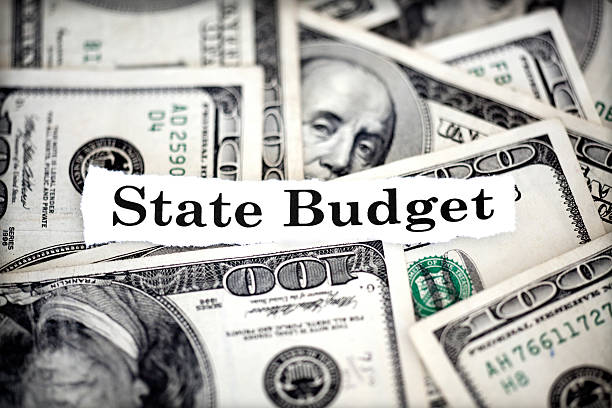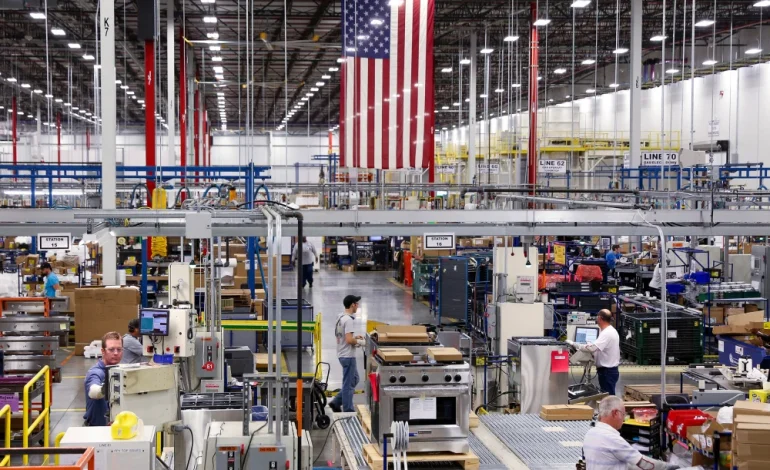As former President Donald Trump prepares to unveil a fresh wave of tariffs on April 2—an event he has dubbed “Liberation Day”—economists and market analysts are raising alarms about the potential economic consequences, ABC News reports.
Some experts warn that the new trade policies could tip the US into a recession by driving up costs for businesses, discouraging investment, and weakening consumer confidence.
Markets have been volatile in anticipation of the tariffs. On Monday, US stocks fluctuated between gains and losses as investors weighed the potential impact of Trump’s latest trade measures. Over the weekend, Goldman Sachs increased its projected odds of a US recession within the next year from 20% to 35%, citing concerns about the economic fallout from the tariffs.
“If both businesses and consumers start to worry and pull back their spending, that is what can tip the US over into a recession,” said Kara Reynolds, an economist at American University.
While the specifics of Trump’s tariffs remain unclear, he has suggested that they could apply broadly to foreign goods, affecting imports from multiple countries. Trump has previously imposed tariffs on steel, aluminum, and automobiles, as well as certain goods from Mexico, Canada, and China.
Tariffs function as a tax on imported goods, raising costs for businesses that rely on foreign materials. In many cases, companies pass these increased costs onto consumers through higher prices. Some economists argue that this could slow consumer spending, which accounts for roughly two-thirds of US economic activity.
A recent survey from The Conference Board found that consumer confidence has dropped to its lowest level since 2021. Jeffrey Frankel, a professor at Harvard University, attributes this decline to uncertainty surrounding trade policy.
“There is chaos and uncertainty around the tariff policy,” Frankel said.
Higher costs and economic uncertainty could also prompt businesses to scale back hiring and investments, potentially leading to slower economic growth.
“As business investment goes down, that can trigger a recession,” said Anne Villamil, an economics professor at the University of Iowa.
Despite the warnings, Trump and his allies have downplayed concerns about a recession. Speaking earlier this month, he acknowledged that there might be a “little disturbance” in the economy but argued that tariffs are necessary to restore domestic manufacturing and boost American industry.
“The tariffs will be far more generous than those countries were to us,” Trump said.










The latest news in your social feeds
Subscribe to our social media platforms to stay tuned